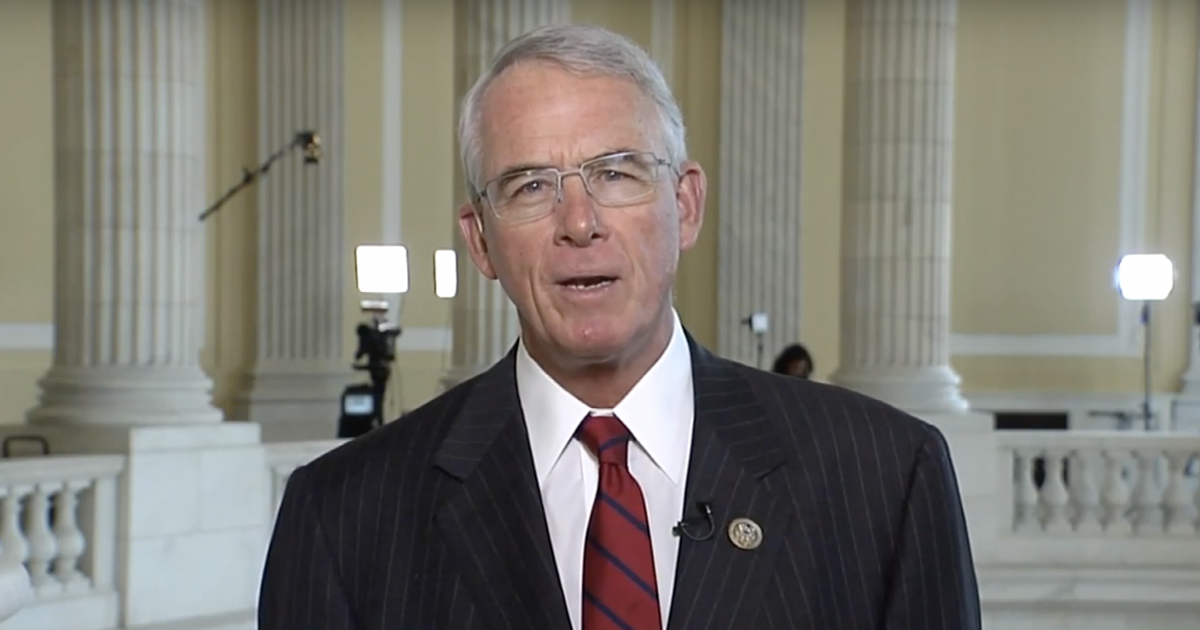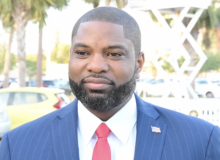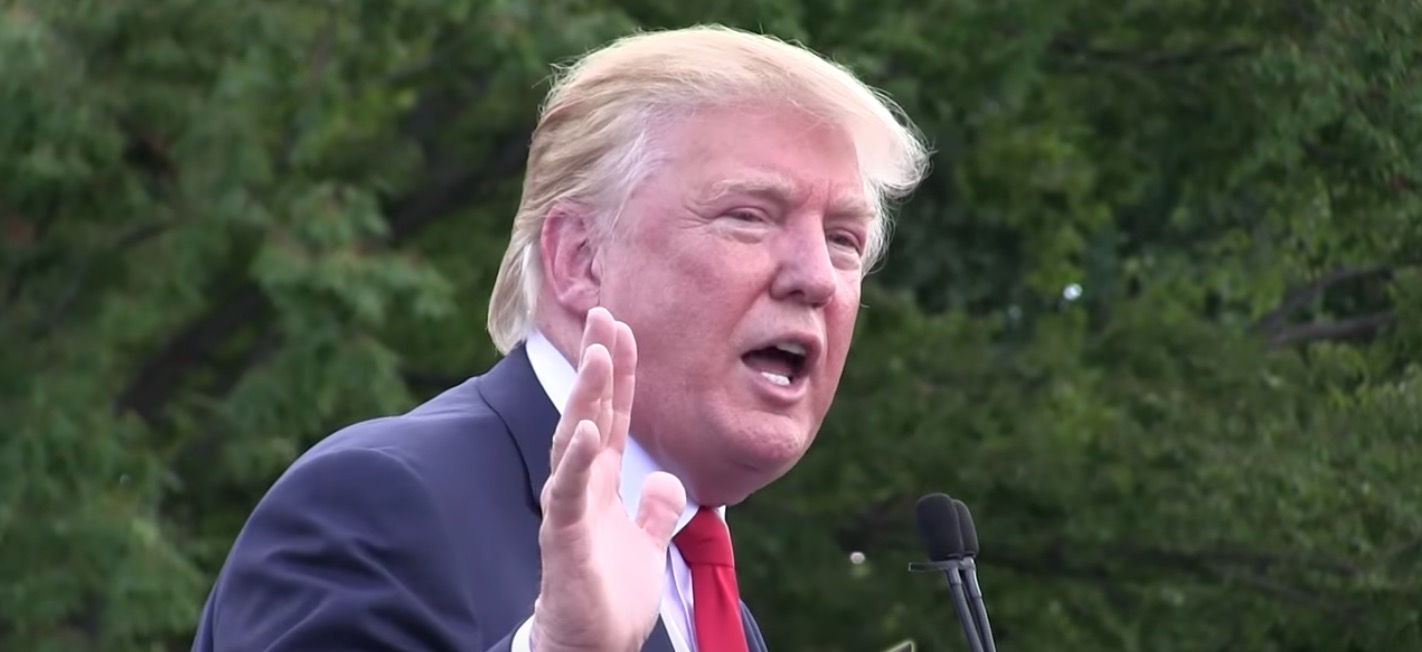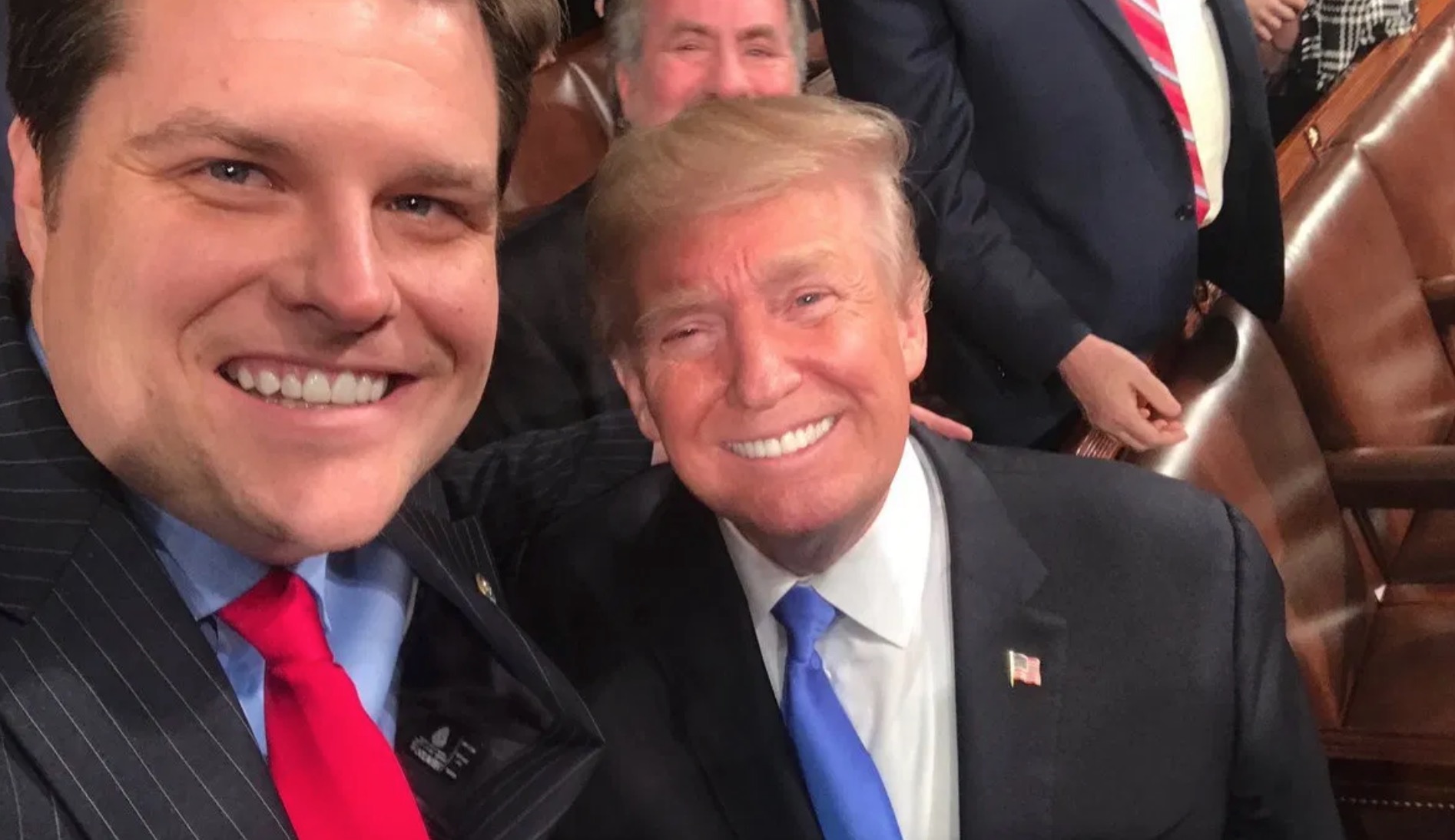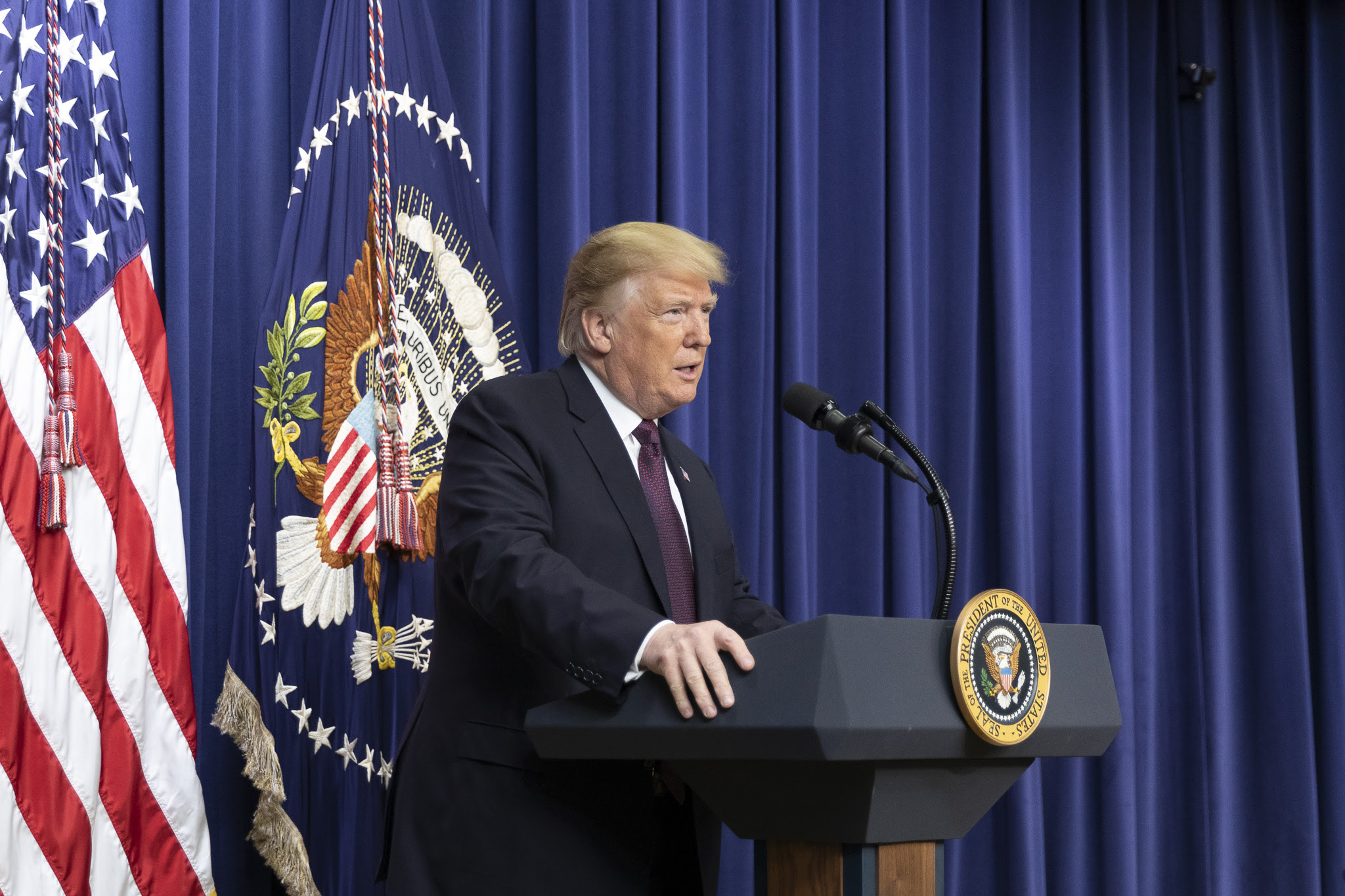In early November, freshman congressman Francis Rooney introduced the “Freedom for Religious Communities Act,” which he explained is a proposal aimed to “clarify the rights of not-for-profit religious employers under the National Labor Relations Act.”
This week, Rooney explained why this is an important measure, saying that “Religious organizations should not be forced to bend to the will of labor unions. I introduced this bill to ensure these organizations, such as churches and religious universities, can best meet the needs of the people they serve without being held back by unnecessary restrictions.”Rooney added that “A case involving non-teaching employees at Saint Xavier University, a Catholic university, demonstrates this overreach. The National Labor Relations Board (NLRB) ruled that a group of employees did not participate in the religious mission of the school, and thus were not exempt from the NLRA requirements, while teaching employees were. This distinction is arbitrary and infringes on the operations of the religious institution.”
Finally, Rooney’s office detailed that “The Freedom for Religious Communities Act exempts religious organizations from requirements for employers under the NLRA including the mandates to allow employees to form unions, engage in collective bargaining and take collective action.”
Do you think the 2nd Amendment will be destroyed by the Biden Administration?(2)
The bill was sent to the U.S. House Education and the Workforce Committee in early November, and time seems to be against congressman Rooney as a new Congress convenes at the beginning of the year. With Democrats taking control of the House of Representatives, questions arise concerning whether or not it will gain traction with the incoming Democratic majority.
Still, Rooney has been hard at work with legislation, and he has received a cosponsor in Republican Representative Todd Rokita.
There is no counterpart to the legislation in the U.S. Senate, but Republicans maintain control of the Senate and even strengthened their numbers in the 2018 midterm elections.

